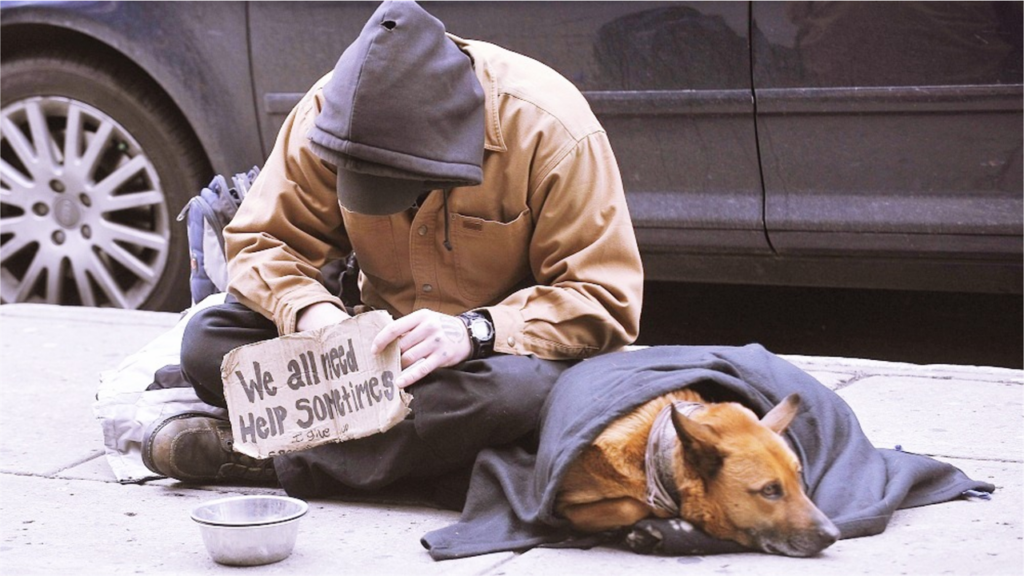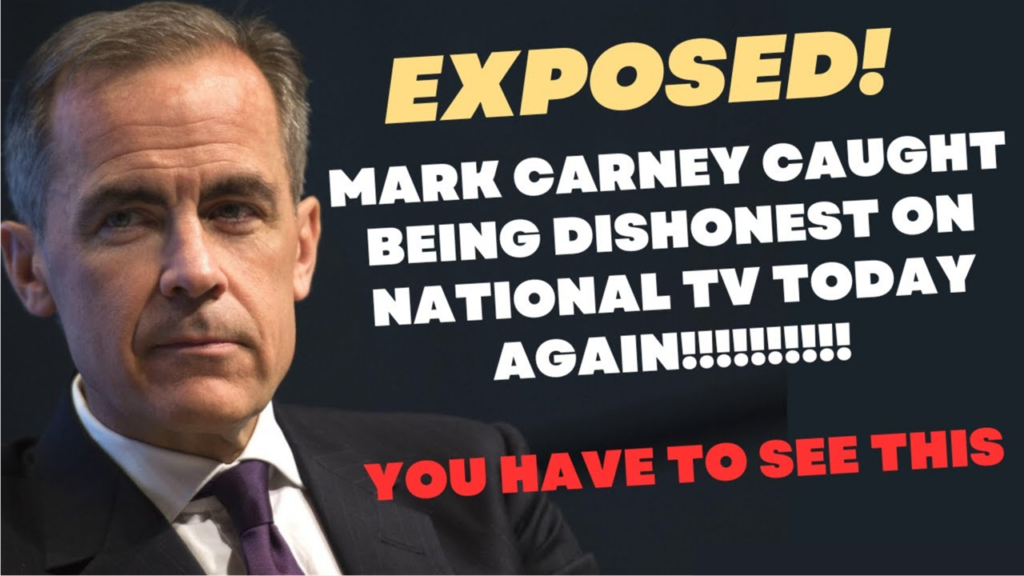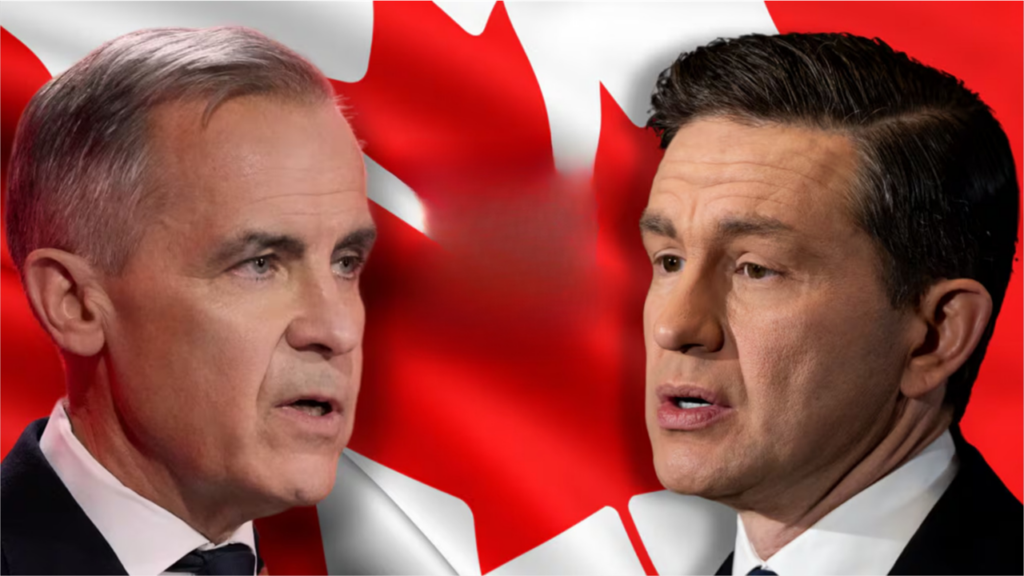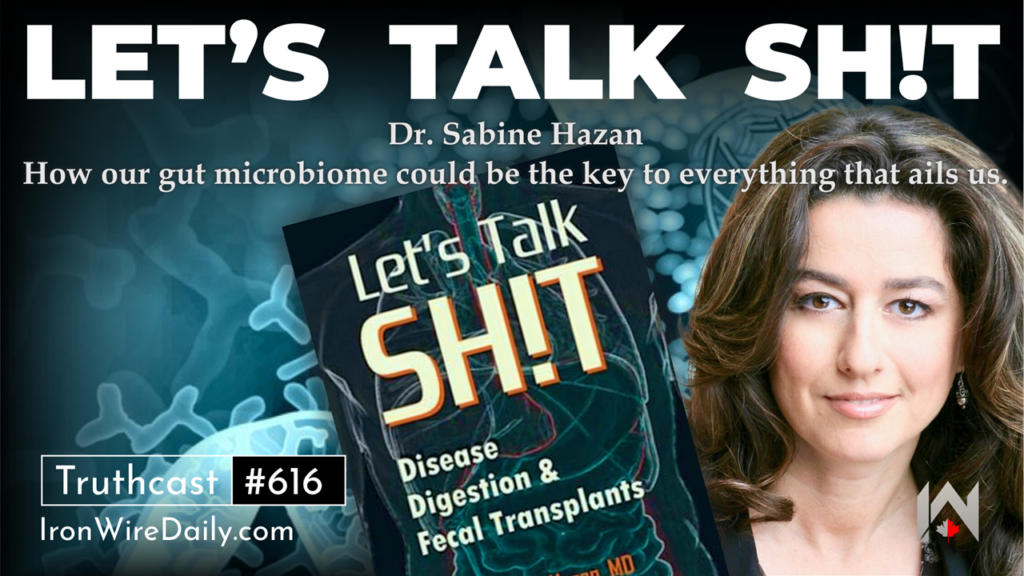Women’s domestic violence shelters vow to continue accepting trans victims
Women’s domestic violence shelters have promised to continue accepting transgender victims even if they are biologically male.
At least five charities operating more than 80 women’s refuges across Britain have been slapped with accusations that they are purposely defying the Supreme Court’s landmark ruling, The Telegraph revealed.
Britain’s top judges decided that a woman, in the eyes of the law, is defined by biological sex.
Trans activists were up in arms after the ruling, taking to the streets of Westminster to protest while brandishing posters and banners claiming trans rights had been curtailed.
Britain’s top judges decided that a woman, in the eyes of the law, is defined by biological sex earlier this month
PA
The new ruling will mean that similar organisations are legally required to maintain women’s only spaces as such.
A spokesman for Solace said that the charity was revising the Supreme Court’s judgement and “awaiting the revised code of practice from the Equality and Human Rights Commission to understand how it will impact our services”.
The latest development on the ruling has come just a day after four Labour MPs signed a trans rights pledge that appears to brand the Supreme Court’s ruling on biological sex definitions as “divisive”.
The quartet – Charlotte Nichols, Kate Osborne, Olivia Blake and Nadia Whittome – endorsed a statement affirming that lesbian rights do not conflict with those of transgender people.
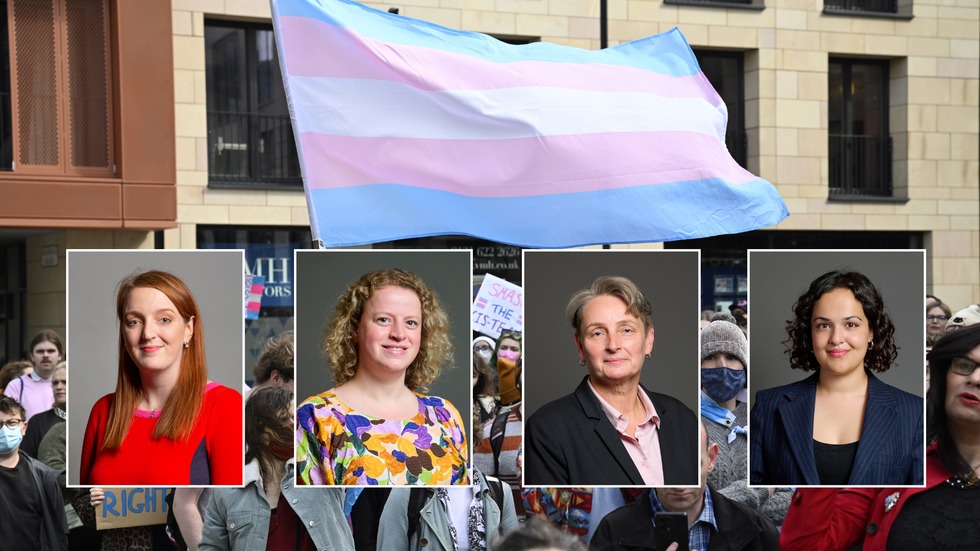 Four Labour MPs have signed a trans-rights pledgePA/Wikimedia Commons
Four Labour MPs have signed a trans-rights pledgePA/Wikimedia Commons
The statement was drawn up for a Lesbian Visibility Week reception in Parliament last week.
It reads: “We reaffirm that the rights of trans people do not conflict with the rights of lesbians. We reject attempts to divide our communities and stand united against all forms of transphobia, lesbophobia and misogyny.”
The pledge further stated: “Our liberation is bound together. There is no pride in exclusion. No feminism without solidarity. We stand firm. We will not be divided.”
Following the Supreme Court ruling, Whittome expressed she was “very concerned,” warning that it “does not provide clarity.”
